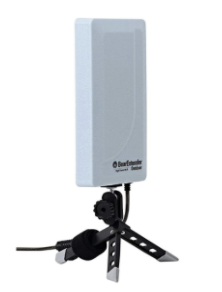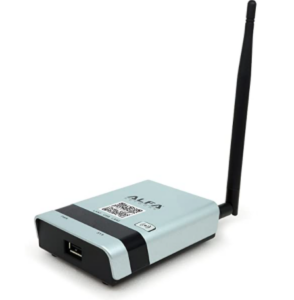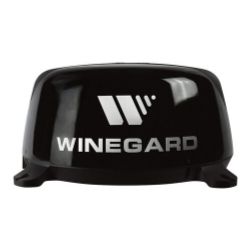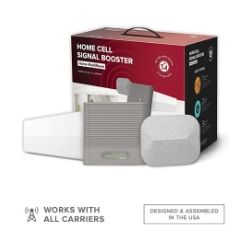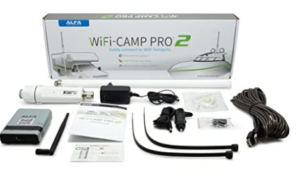Whether you use your RV for weekend getaways, full-time living, or a home office on wheels, there’s one thing that rings true: Getting online is more than a wish—it’s a necessity.
But it’s hard to find good Wi-Fi on the road. You can search RV park Wi-Fi ratings for hours but still end up staying somewhere with terrible internet. Often, even upgraded campground Wi-Fi is unsatisfactory. That’s why many RV owners get a Wi-Fi extender to strengthen wimpy campground Wi-Fi into something faster and more dependable.
You can also get a booster that strengthens your cellular connection, so you can use it in areas with poor service. Cell phone boosters for buildings can provide up to 100 dB gain, but for RVs the highest gain is around 65 dB. Boosters can be used with cell phones, mobile hotspots, and LTE home internet plans. Boosters may be designed for 3G, 4G LTE, and 5G networks and can be used with cell phones, mobile hotspots, and LTE home internet plans.
Sure, you could get your Netflix fix in by perching your laptop on a folding chair inside the campground office. Or hightail it into the nearest Starbucks every day to check the news. But scrambling for an internet connection will pull you away from the forests, beaches, lakes, marinas, and waterfalls that you set out to explore in the first place.
Besides, what’s your comfy RV furniture for if not to relax once in a while?
A Wi-Fi booster or cellular extender can help connect you to get the most out of the internet in your RV. We’ve reviewed dozens of options, and here are the best Wi-Fi range extenders and cellular (4G LTE) signal boosters.
